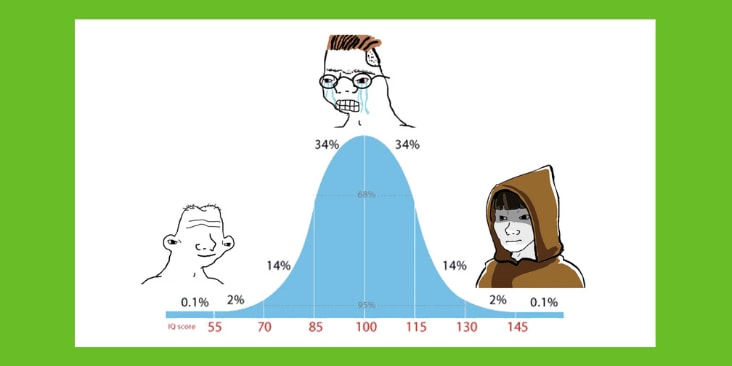Predictive history classes
Epistemic status: serious proposal with known difficulties and problems Why do we study history? There are many potential reasons. More specifically, why do we teach history to everyone going to school? Many reasons become less relevant to those other than historians or history teachers. The classic reason is "so that we don't repeat it". But most people will not end up in a position of power so as to decide whether we repeat or don't repeat history. A more honest reason, for most people, is that we learn history to generalise its lessons to the future or present. Assuming that purpose, we find current methods of history classes dreadfully ineffective. I propose an alternative paradigm of history classes which, I believe, will result in much more practical learning. A cynical reader remarks that history education in school (in the form I'm targeting) is for indoctrination. From that view, take this not as a proposal for reform, but a suggestion on how to study well for your own sake. Current history education focuses on teaching the students about past events. Students are then tested on those same past events. In higher history classes, they are also tested on analysing information about these events and arguing about their causes and consequences. This is great for those who will be historians. Most students will not. This style of teaching does not guarantee any understanding of how to apply historical lessons to the present and future. In schools where students just study to the test, make the test a good one. Instead of testing students on past events they studied, test them on events they didn't study. They are then forced to learn how to generalise history, applying its lessons to understand what they're going thru and what may come next. To get an objective answer by which to grade the students, test them on actual past events — just obscure ones that they wouldn't already know about. Sith they didn't study the material, they aren't expected to ever ge
